
Cream Legbar Chicken Temperament, Egg color, and Lifespan
Uses: Autosexing, Utility Blue Egg Layer. Origin: Cambridge, UK. Eggs: White / Cream or Blue / Green for the Cream Legbar. Weight: Cock: 2.7 - 3.4Kg. Hen: 2 - 2.7Kg. Colours: Gold, Silver and Cream (Standardised UK). Useful to Know: Many Legbars have lost their autosexing qualities. Selection for this quality is important when breeding.
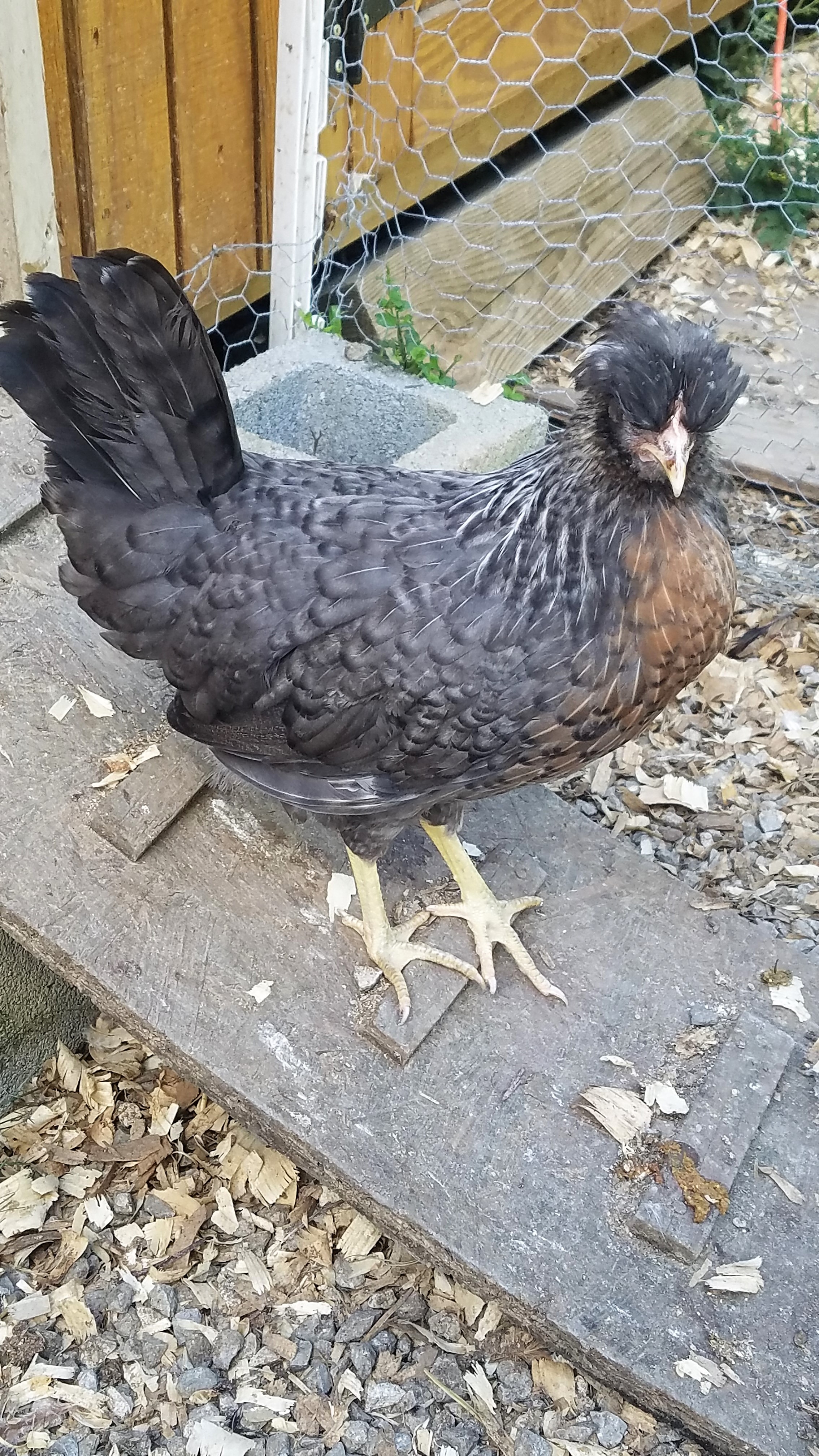
Cream Legbar Chickens For Sale Baby Chicks Cackle Hatchery
The Cream Legbar is known for its friendly and curious temperament. They are an active breed, constantly foraging, and exploring their surroundings. However, they are also docile and easy to handle, making them a great breed for families with children. They are social birds and enjoy the company of other chickens.
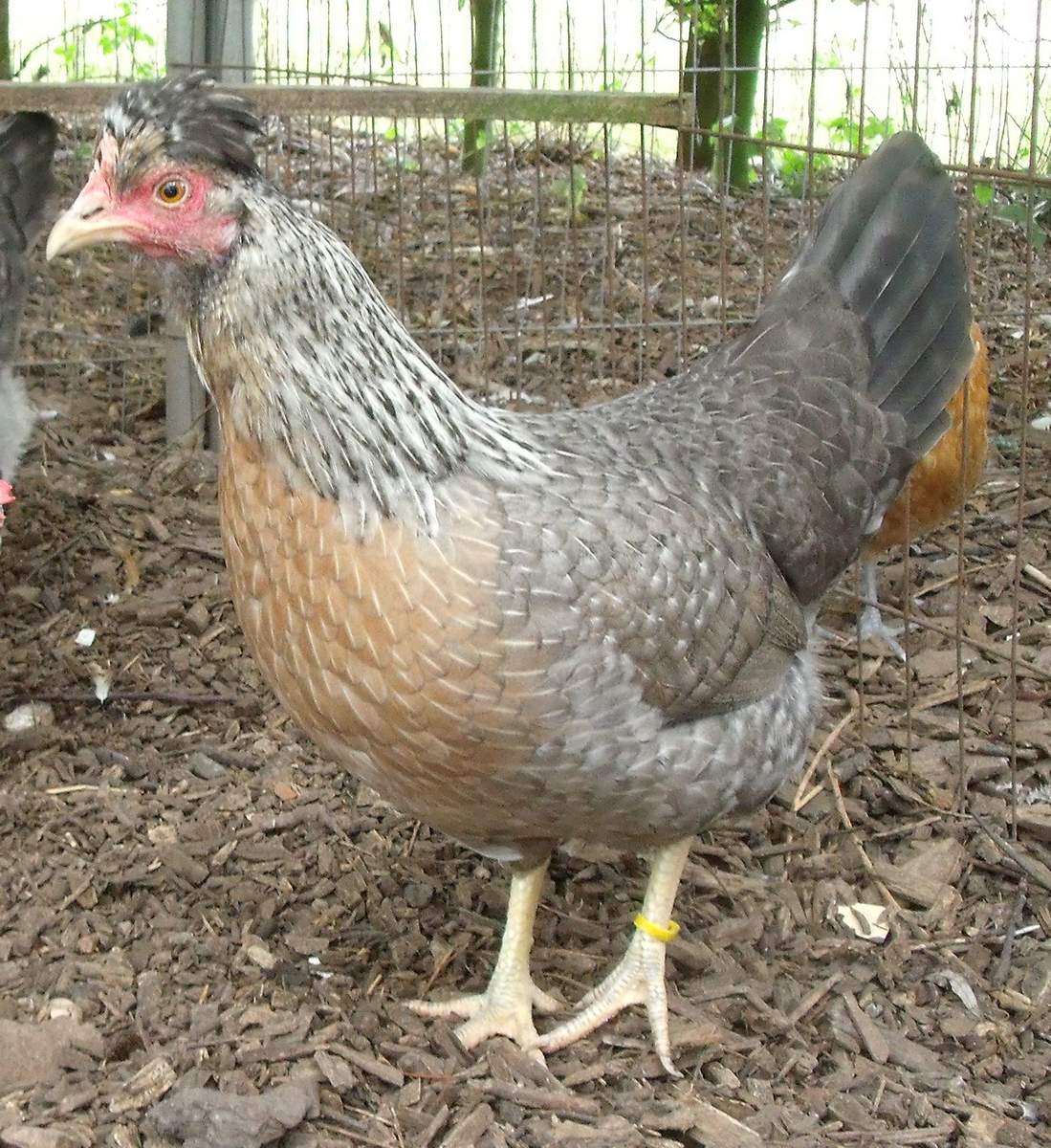
Cream Legbar For Sale Chickens Breed Information Omlet
Male Cream Legbar chicken. To fully appreciate the importance of Punnett's work, it's helpful to understand the difference between autosexing chicken breeds and the sex-linked hybrid chickens with which we are more familiar in the United States.
Crested Cream Legbar Greendale Heritage FarmGreendale Heritage Farm
Cream Legbars are the most common variety of the Legbar chicken breed. Here's what they look like at every life stage. Cream Legbar Egg Color These chickens lay medium-sized pastel blue eggs. Only the outside of the egg is blue, and the inside is the same color as any other chicken egg. Cream Legbar Chick Appearance

Deirdre. Crested Cream Legbar Beautiful chickens, Cream legbar, Chickens
The Cream Legbar is a light fowl, with males weighing 7½lbs and females weighing 6lbs. It has a triangular-shaped body with a long, flat back. They have a single red comb with 6 points, wattles are also red. Earlobes are cream or white. Eyes reddish bay in color and the beak is yellow to horn colored. The beak has a slight downward curve.
Cream_legbar_rooster_X9046027_09042017001 BackYard Chickens Learn How to Raise Chickens
Cream Legbar chickens typically have an average egg production of around 180-200 eggs per year. This makes them a great choice for those who want a steady supply of fresh eggs. To ensure optimal egg production, it's important to provide proper care for cream legbar chickens, including a balanced diet, suitable living conditions, and regular.

CREAM LEGBAR HEN wow!! A HEN!! Its a hen!! a hen a hen!!! The extremely rare Cream Legbar is
Cream Legbar chickens are an incredibly unique breed with three major things going for them: They are an autosexing breed, so when you order females, you know you're actually getting females! They are one of the very few breeds that lays beautiful light blue or light green eggs.
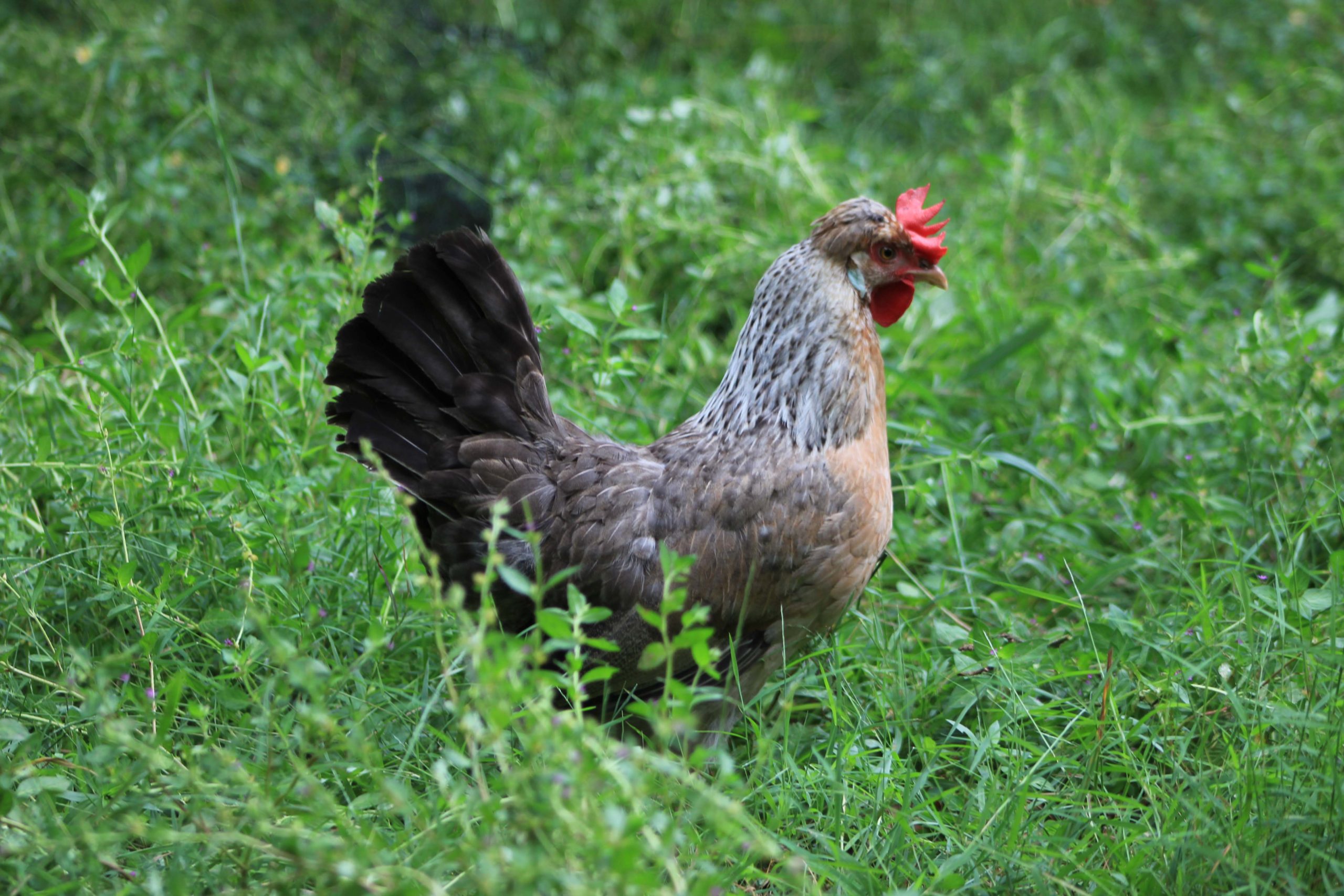
Crested Cream Legbar The Pasture Farms
The history of Cream Legbar chickens. The Cream Legbar was first introduced to the poultry world in 1947 at a London expo. Ten years after its introduction, the Poultry Club of Britain published a written description of the breed. The Cream Legbar breed was developed by Professor Michael Pease and R.C. Punnett. It was a result of a cross.

Cream Legbar Chickens Mranimal Farm
Cream Legbars are a healthy and self-reliant breed that are known to be extra savvy in avoiding predators. Although they are fairly uncommon in the United States, they do have a cult following in England. Are you interested in keeping this breed? Keep reading to learn everything you need to know… Contents and Quick Navigation

Cream Legbar Chickens About The Breed And Its Needs
1. Size and Weight Cream Legbars are fairly small and active birds, roosters weigh about 7.5 pounds while their hens weigh around 6 pounds. These birds have fairly tight and close fitting feathers, so they appear to be small at first glance. 2. Temperament Cream Legbars are not the friendliest birds you will ever meet.

Crested Cream Legbar Hen Araucana chickens, Chicken breeds, Breeds
What is Cream Legbar Chicken? Cream Legbar Chickens are small charming birds having big personalities, and they also have funny little quirks. These birds loved to run around the yard. These birds are 100 years old and came from Britain. They are new to the United States.
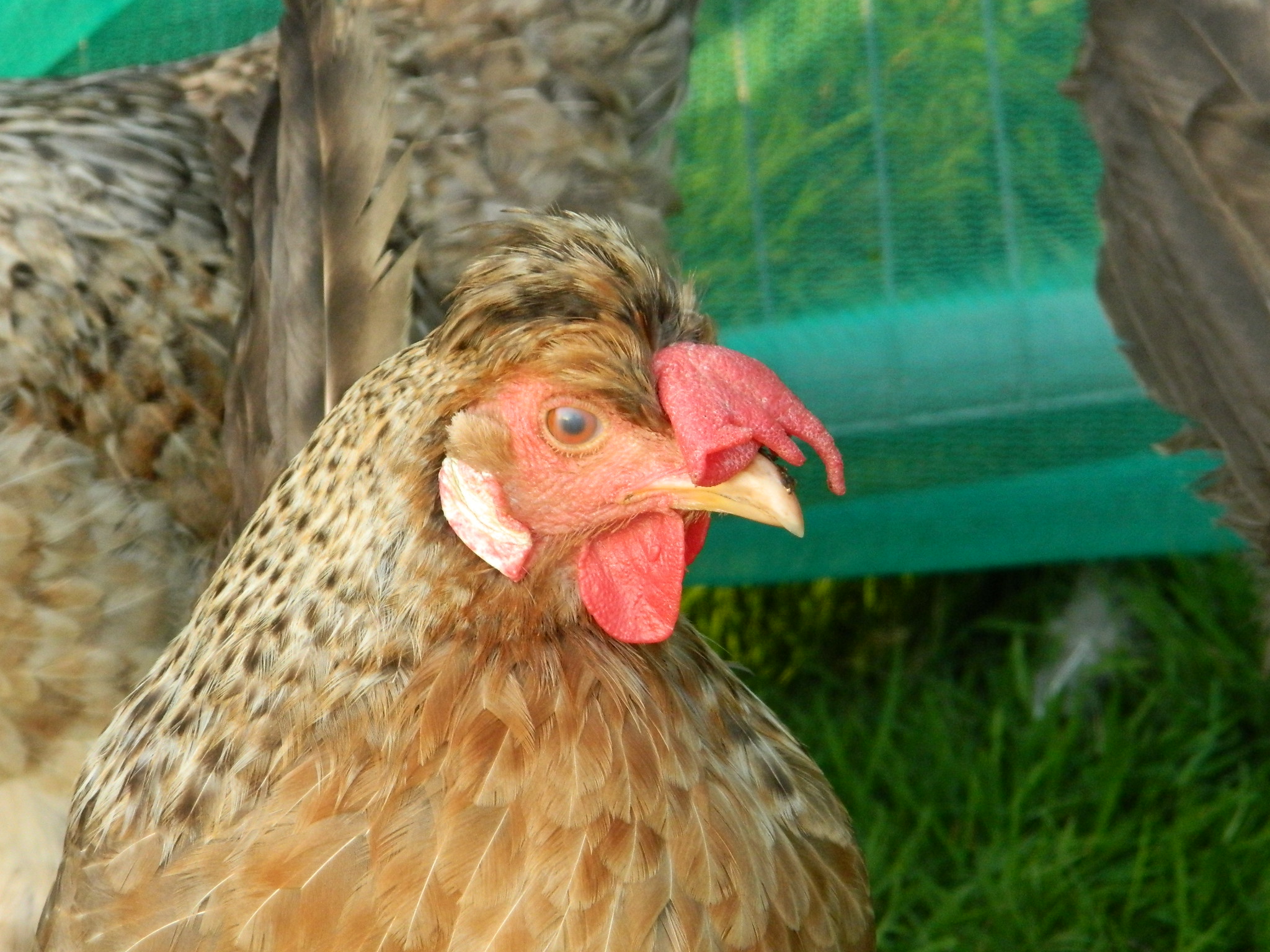
Cream Legbar For Sale Chickens Breed Information Omlet
Cream Legbars are a delightful dual-purpose egg and pet breed that will delight their owners and consistently deliver uniquely colored eggs that will be the envy of fellow chicken owners. Cream Legbars received the nod from the Poultry Club of Great Britain in 1958, but they have not yet been accepted by the American Poultry Association.
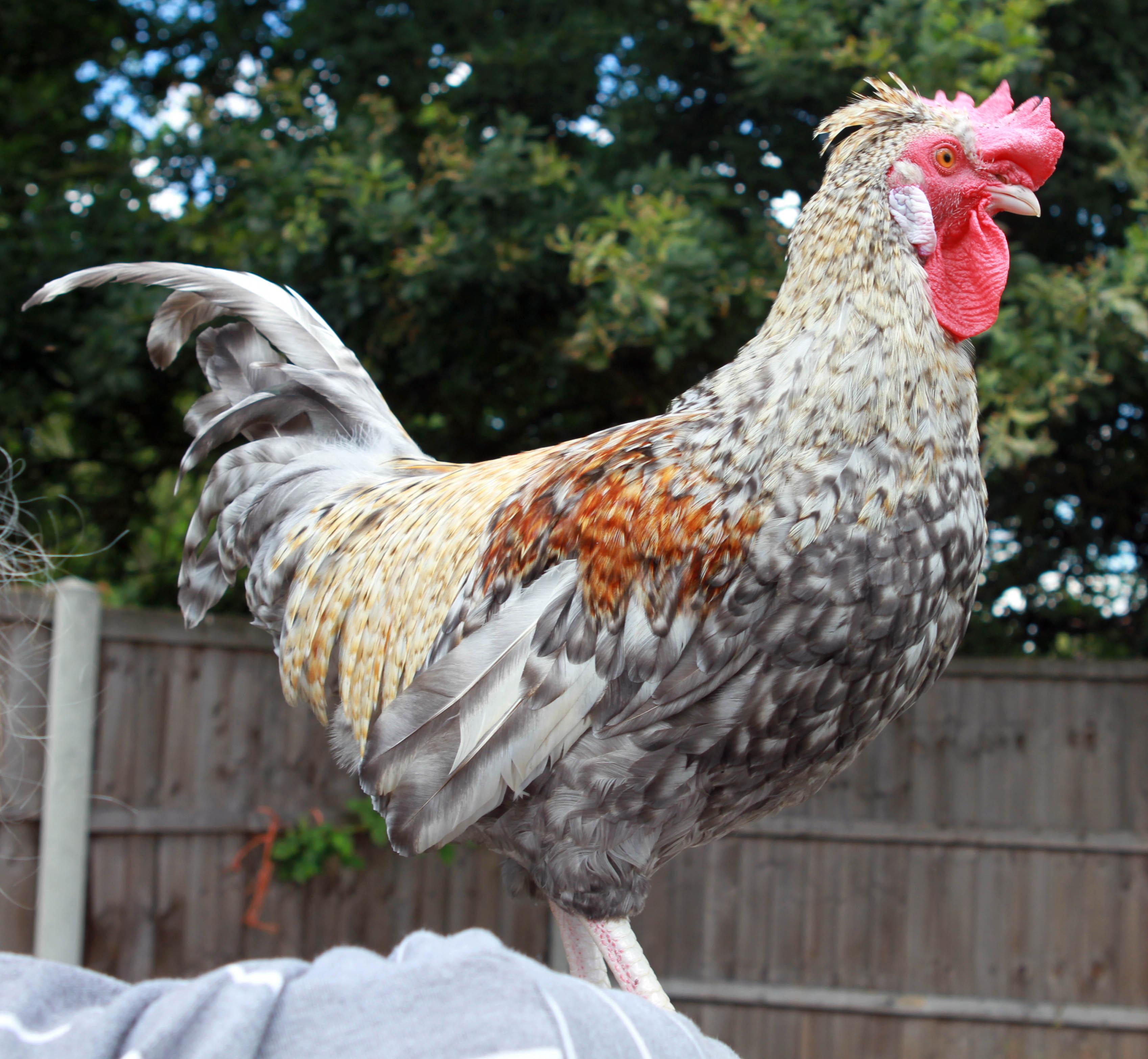
Cream Legbar For Sale Chickens Breed Information Omlet
Your Cream Legbar hens will give you four eggs per week on average, which works out to approximately 230 eggs in a year. They produce light blue, medium-sized eggs. Like many other breeds, they may produce fewer eggs in the winter. What to Feed Cream Legbars. Mature Cream Legbars will need to be given feed pellets with 15-19% of protein.
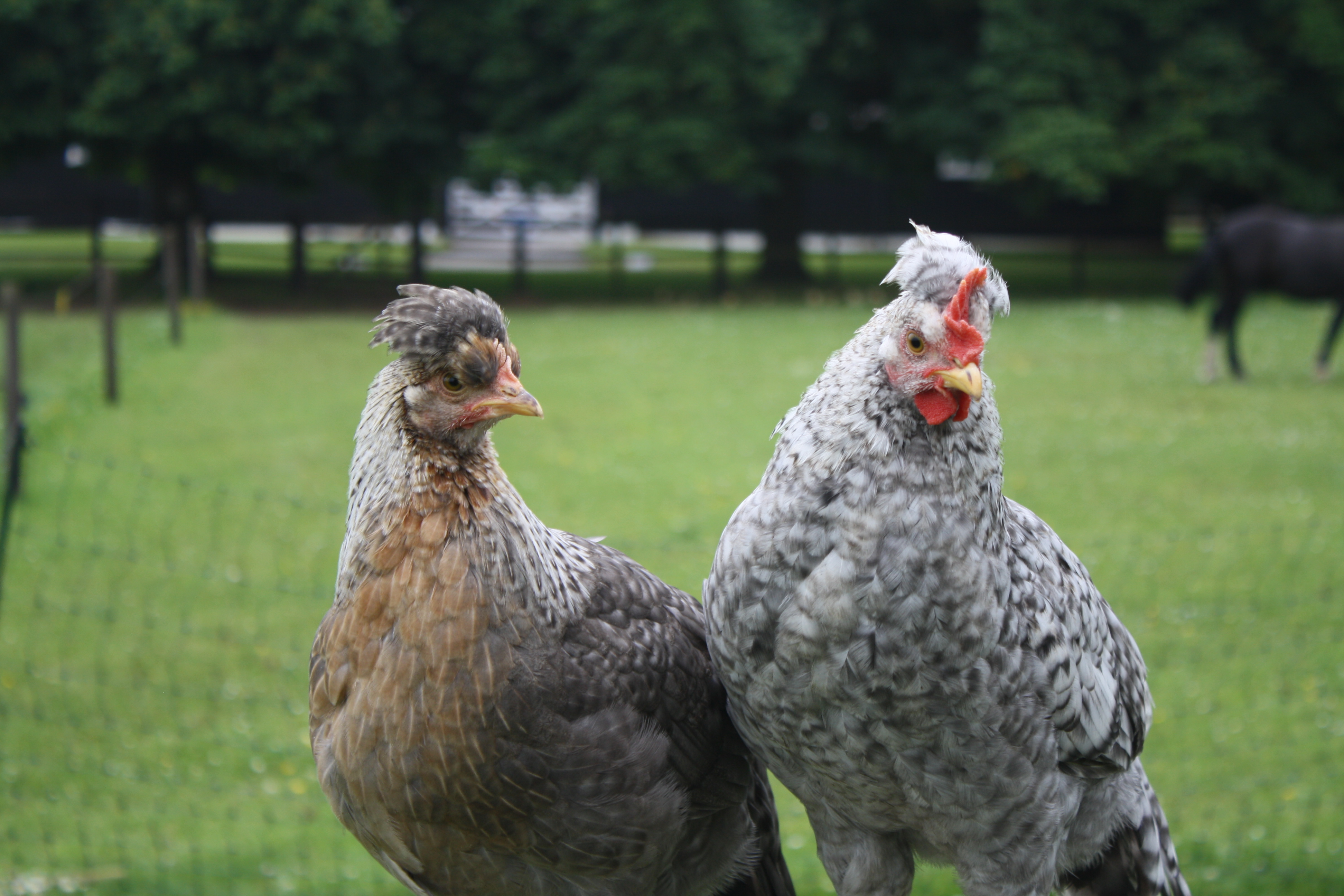
Cream Legbar For Sale Chickens Breed Information Omlet
The Cream Legbar is a British chicken breed known for its egg production. The average hen will lay about 200 eggs per year, with peak production happening between March and September. The eggs are large, typically around 2 ounces each, and have a pale blue or greenish tint to the shell. This chicken breed was developed in the 1930s from crosses.

Greenfire Farms Cream Legbar Cream legbar chickens, Cream legbar, Legbar chickens
The Cream Legbar is a newly-developed breed of chicken first presented at the 1947 London Dairy Show. It is characterized by its cream coloring, friendly temperament, and ability to lay large numbers of blue eggs. The recessive cream color, the dominant blue egg color, and the crest make this breed unique compared to its Legbar relations.
Cream_legbar_hen_X9046037_09042017001 BackYard Chickens Learn How to Raise Chickens
1. They are actually from England 2. Legbars are autosexing: male and female chicks look different 3. Legbars have a long and interesting history 4. They lay a lot of blue/green eggs 5. Some actually lay white eggs 6. Some are poor layers in winter 7. Some hens are wonderful moms, others are not 8. They are not noisy 9. They are friendly in nature